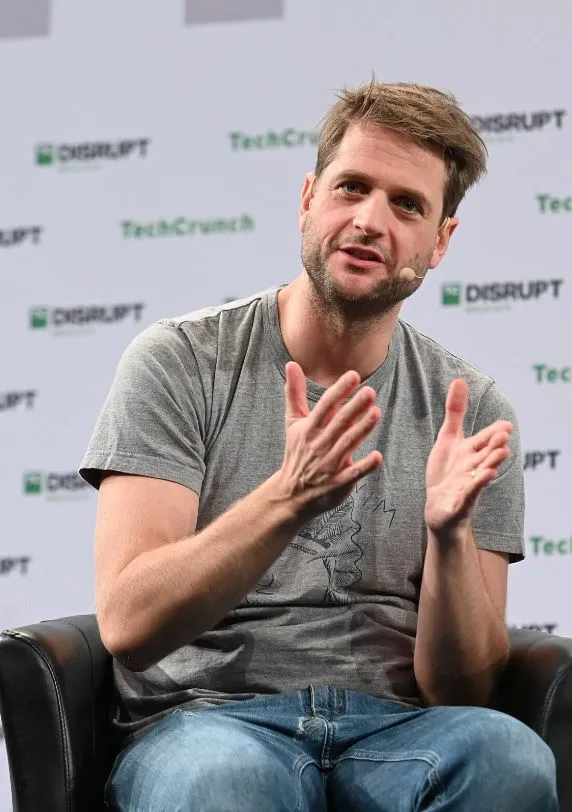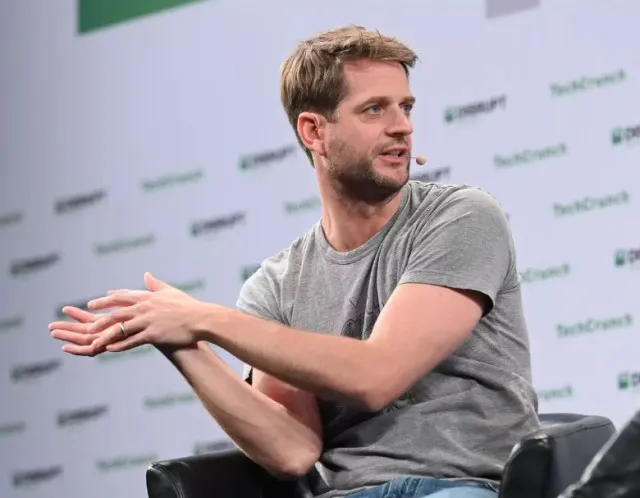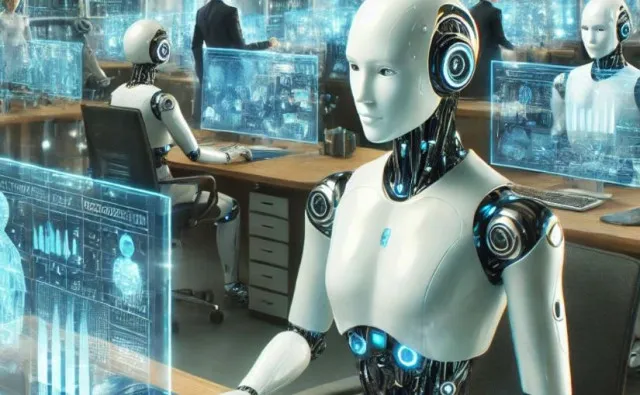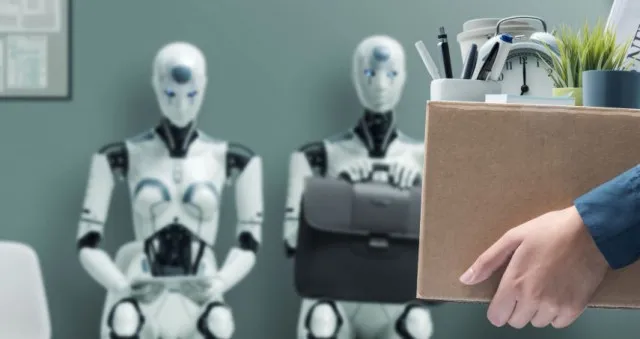The CEO of Klarna announced that the company has halted hiring, stating that AI is now replace human jobs.
The rise of artificial intelligence is reshaping industries worldwide. Klarna CEO Sebastian Siemiatkowski recently shared how AI influences their hiring strategy and future plans.
Klarna’s Halt on hiring reflects AIs growing role
Sebastian Siemiatkowski revealed that Klarna stopped hiring over a year ago. He attributed this decision to AI’s capabilities in performing human jobs.

Speaking to Bloomberg TV, he explained, “AI can already do all of the jobs that we as humans do. It’s just a question of how we apply it.”
Instead of hiring new employees, Klarna has relied on natural attrition to reduce its workforce. Siemiatkowski noted that their team shrank from 4,500 to 3,500 employees within a year.
“I think what we’ve done internally hasn’t been reported as widely. We stopped hiring about a year ago, so we were 4,500 and now we’re 3,500,” he said.

“We have a natural attrition as every tech company. People stay about five years, so 20% leave every year. By not hiring, we’re simply shrinking, right?
“By not hiring, we’re simply shrinking,” he said, emphasizing how this strategy aligns with the company’s evolving reliance on AI technologies.
Despite these changes, Klarna remains optimistic about its future. Siemiatkowski highlighted the potential of the credit card industry, describing it as a “trillion-dollar market opportunity.”
Klarna, with its innovative “buy now, pay later” service, aims to capture a more significant share of this expansive sector.
Broader implications of AI on jobs

The CEO’s remarks echo concerns raised by other leaders about AI’s impact on employment. Last year, Elon Musk warned of an era where “no job is needed.”
Speaking with then-UK Prime Minister Rishi Sunak, Musk said people might work for personal satisfaction rather than necessity.
“You can have a job if you want to for personal satisfaction, but AI can do everything,” Musk explained.
He acknowledged this shift could evoke mixed emotions, posing challenges in finding meaning in life. However, Musk also offered a hopeful perspective, envisioning AI robots as companions. ”
An AI with memory could know you better than you know yourself. You could actually have a great friend,” he suggested.

The future of work in an AI-driven world
As AI continues to advance, companies like Klarna are adapting their strategies to leverage its capabilities. While this transformation offers immense opportunities, it also raises important questions about the future of work, human roles, and the societal impact of automation.
For businesses and individuals alike, understanding and embracing these changes will be critical in navigating an AI-driven world.